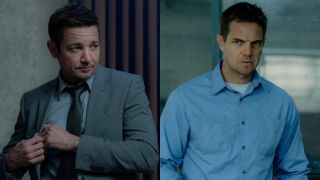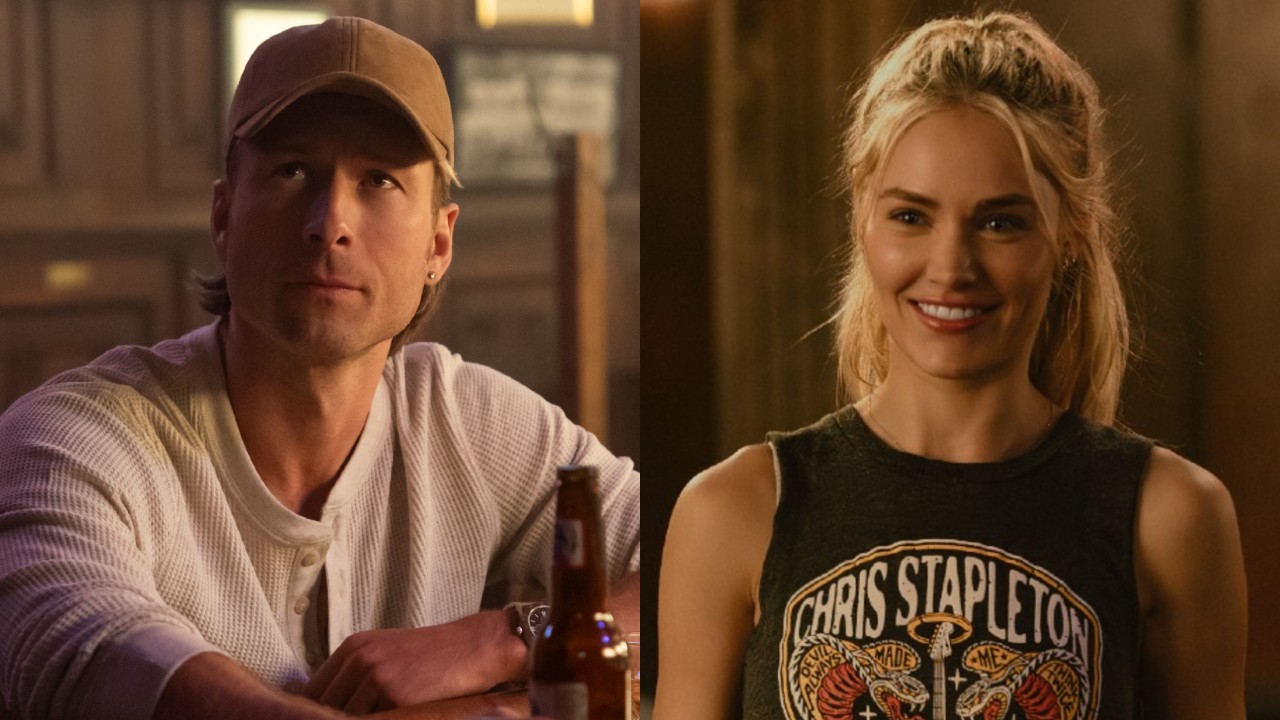Interviews
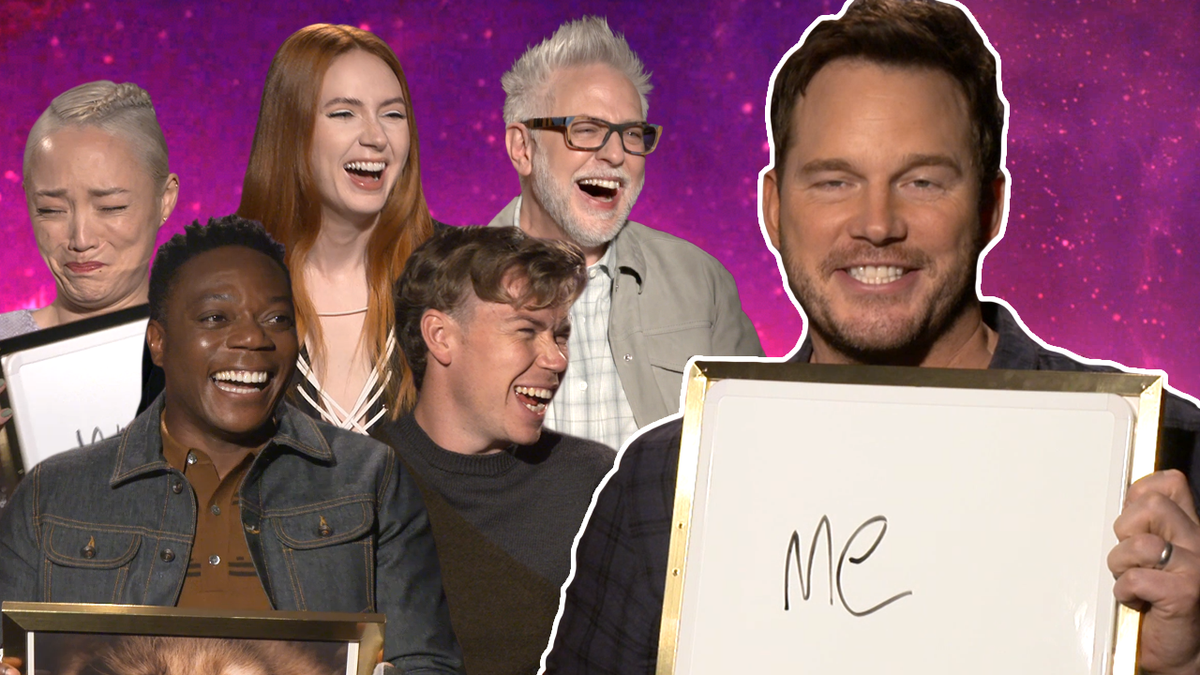
CinemaBlend frequently sits down with the talent who are responsible for the movies, television shows, streaming features, and pop-culture moments that you want to be reading more about. From Tom Hanks to the cast of Avatar, from the latest contestant on The Masked Singer to the cast of Yellowstone, CinemaBlend ample time for exclusive conversations with Hollywood's biggest stars.
And CinemaBlend prides itself on asking talent the questions that they aren't hearing from every other outlet, leading to passionate answers that are meant to educate and entertain you, our readers. If they are important in Hollywood, they are speaking with CinemaBlend.
Latest about Interviews
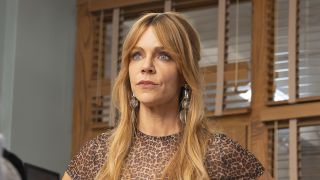
High Potential's Showrunner Talked About How Long Morgan (And Viewers) Will Have To Wait For Answers On Roman
By Nick Venable published
Exclusives Patience is a virtue.

If Mayor Of Kingstown Gets Renewed For Season 5, I Want To See How Merle Impacts Mike And Kyle. So, I Asked The Cast About It
By Riley Utley published
Taylor Handley and Richard Brake spoke to CinemaBlend about that finale.

I Loved How Stranger Things 5 Handled Jonathan And Nancy's Relationship In Episode 6, So I Asked The Duffer Brothers About It
By Sarah El-Mahmoud published
Exclusives "She needed to go on her own..."

Why Star Trek's Robert Picardo Feels Like He's The 'Yoda' Of The Starfleet Academy (And Why His Hologram Looks Older)
By Mick Joest published
Exclusives The veteran actor shared some insight.
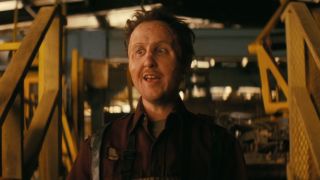
The Final Scene In Fallout Season 2’s Third Episode Made Me Nervous, But Johnny Pemberton Has A Different Take
By Erik Swann published
Exclusives Was anyone else feeling worried?

Gibbs And Jimmy Never Got A Proper Goodbye When Mark Harmon Left NCIS. Brian Dietzen Told Me How The Characters Should Reunite
By Adam Holmes published
Exclusives He's given this some thought.

‘It Feels Like an On-Ramp’: A Knight Of The Seven Kingdoms Boss On Why The Show Is A Great Introduction To Game Of Thrones' World
By Riley Utley published
Exclusives Welcome to Westeros.

Ashley Park Thinks One Of Her Emily In Paris Co-Stars Could Be On Dancing With The Stars. After Watching Season 5, I Totally Agree With Her
By Riley Utley published
Exclusives This idea gets a ten from me.
Your Daily Blend of Entertainment News

